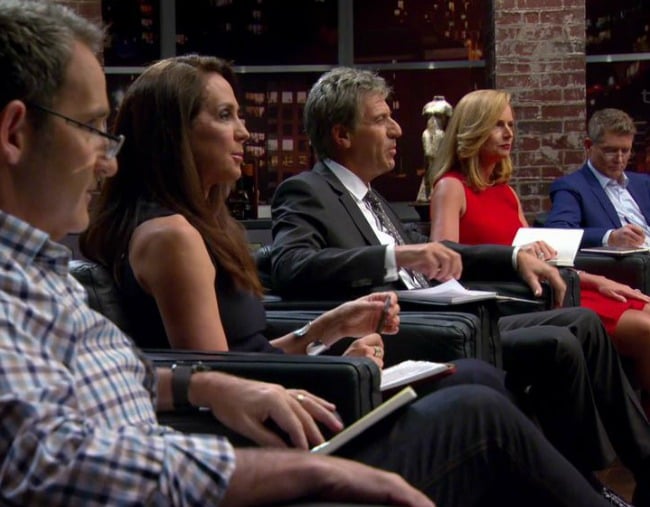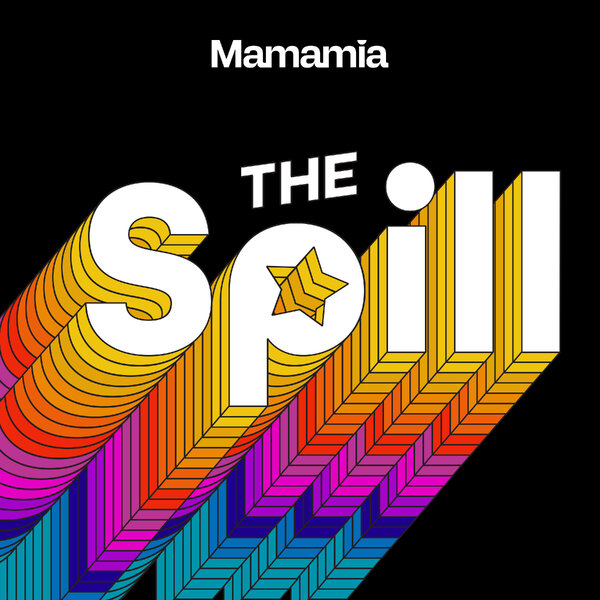
If all goes well on Shark Tank, an entrepreneur’s pitch will end with a Shark springing from his or her seat, hand outstretched to shake on a deal.
But, it turns out, that handshake doesn’t always mean the investment will happen.
Following an in-depth investigation into the outcomes of last season’s deals, Fairfax journalist Cara Waters determined that the vast majority never proceeded after the cameras stopped rolling.
“Of the 50 businesses which appeared on Shark Tank last year, 27 received investment from the sharks on television, however only four of these investments actually went ahead,” she wrote.
Though the pitches are vetted by the Channel 10 program’s producers prior to filming, the millionaire investors also conduct their own due diligence on the business’ proposal once an agreement is made. It’s during this process that some deals break down.
Shark/tech investor Steve Baxter previously told TV Tonight that doing due diligence on a deal typically takes four months.
“Shark Tank gives you the impression that it is exciting: ‘Let’s go and do it now! Sign a cheque and let’s get it done!’ But ultimately this is my kids’ money. Their inheritance. So I’m not going to stuff it up,” he said.
The reality behind @sharktankau once the cameras are off: https://t.co/0PN0BP5aXF #sharktankau
— Cara Waters (@carawaters) May 17, 2018


Top Comments
I am so surprized that a reality show is not real!
So the show is bullshit. Oh well.